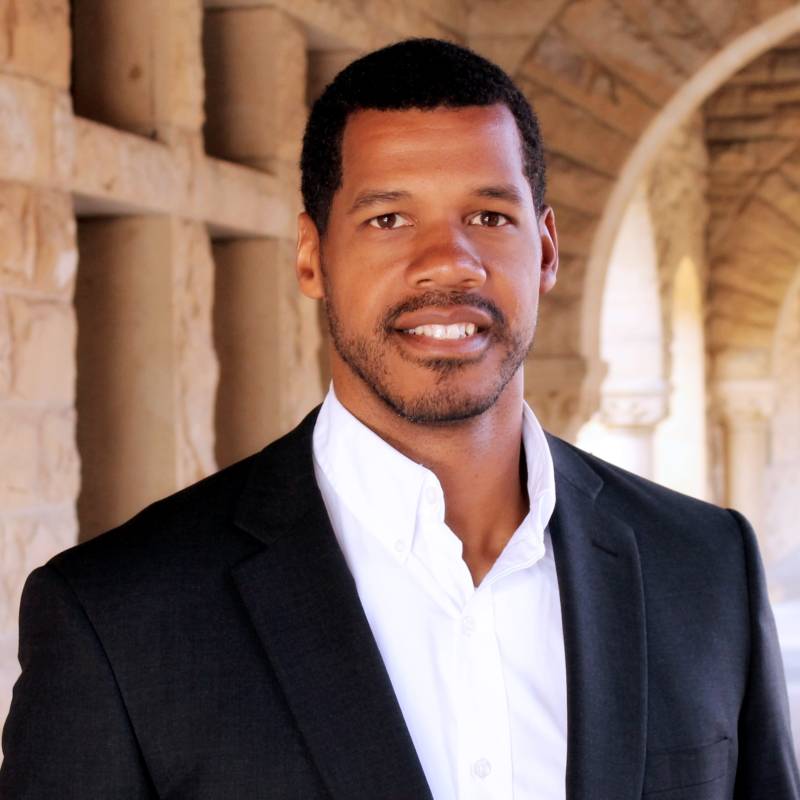While most fans cheered march Madness’ buzzer beaters and unlikely victories, former Cal basketball player Solomon Hughes remains disturbed by a more troublesome reality fueling big time college sports.
As a former college basketball player, it’s become increasingly difficult to watch March Madness. Years ago I played in the tournament and remember well the rhetoric and energy surrounding the experience: We were chasing immortality, an opportunity to cement our legacies as basketball players. Competing on that stage does provide great memories, but beneath the rhetoric is a finely tuned business, devised to vastly enrich the majority white college coaches and administrators, and the non‐revenue generating college sports often played by students from wealthier backgrounds.
It was a painful irony that just as the tournament started in March, dozens of the well‐heeled were arrested for using college sports like sailing, crew and water polo to game their children’s entry into elite institutions. Those sports, used as portals in the scam, exist because of the money the NCAA diverts to support them from the bounty of March Madness. Another sad reminder that everyone except the disproportionately black population of college basketball players seem to be profiting off the madness.
The well-trod rebuttal that these young people get access to an education they would not have had otherwise does not add up. The television contracts that schools have signed requires game scheduling that best match the consumers appetite, resulting in longer seasons and more time away from campus and class. Athletes have to orient their schedules around the financial agreements between their schools and media companies, while substituting out courses they are intellectually interested in for courses that keep them eligible and fit around their basketball jobs.
The fact that our institutions of higher education are sponsoring and cultivating this is most distressing. These taxpayer-funded spaces are designed specifically to support the molding of talented young people into leaders the future desperately needs. I’ve had the opportunity to talk with many leaders in higher education and I’m convinced they do have better ideas. I continue to hold out hope for the day they match those better ideas with the courage to prioritize the holistic development of student‐athletes over financial gain and do away with the neo‐plantation mentality that currently steers college sports.
